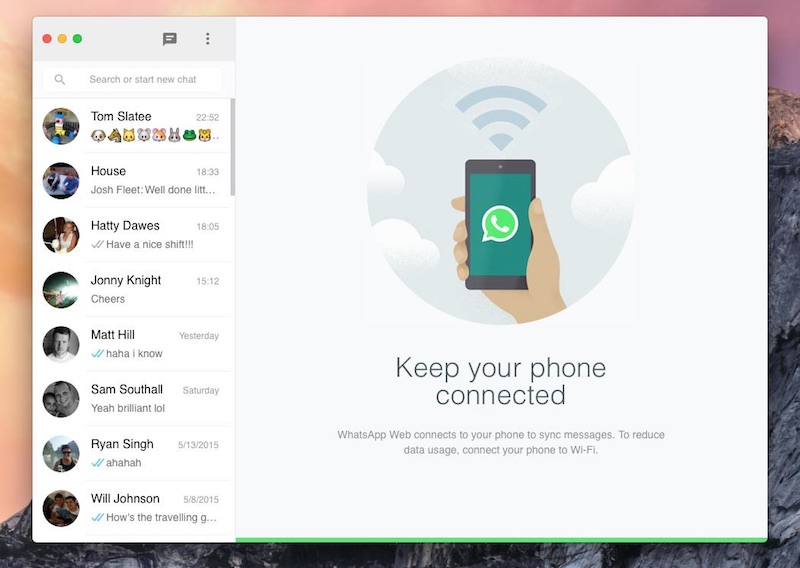

However, if you are experiencing apps opening that you don’t want, there are a few ways you can change this. For instance, if you use a Mac for work, you might want Slack to open right up for quick communications. Started by developer Abdullah Diaa, Is Apple silicon ready, lists hundreds of popular apps and their compatibility status.You might like to have some apps open automatically each time you start or log into your Mac. On the right side, you will see which apps are Universal (can run natively on Apple Silicon and Intel processors) or Intel (can run using Rosetta 2 or not run on Apple Silicon).Open the app and install any update if prompted.Download and install the free and open-source Silicon app.Use Silicon App to Check M1 Compatibility



Here’s how to check it! 4 Easy Ways to Check M1-Compatible Mac Apps Which apps are universal (meaning the app is updated to run on both Apple Silicon and Intel processors), and which apps rely on Rosetta 2? In some graphically demanding apps, the performance is even better! It ensures they run seamlessly, even without updating, on new Macs with Apple Silicon.Īccording to reports, Rosetta 2 runs current, un-updated macOS apps automatically with minimal to no performance degradation. What is Rosetta 2?Īn updated version of Rosetta, Apple-developed Rosetta 2 translates most of the existing apps. While half the world is busy comprehending the impact of Apple’s unprecedented M1 chip, a few lucky ones who are using or are planning to buy M1 Macs are busy contemplating how much they will be able to get done on the new Mac with the limited know-how on M1-compatible apps!Īfter all, Mac apps built on Intel’s x86 architecture are not natively supported on the ARM-based M1 chip.Ĭupertino-giant has addressed the above problem by introducing Rosetta 2.


 0 kommentar(er)
0 kommentar(er)
